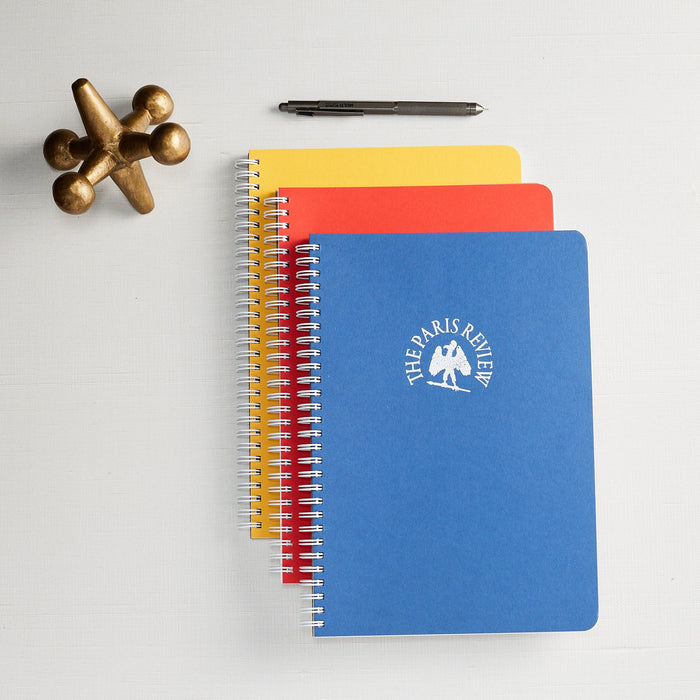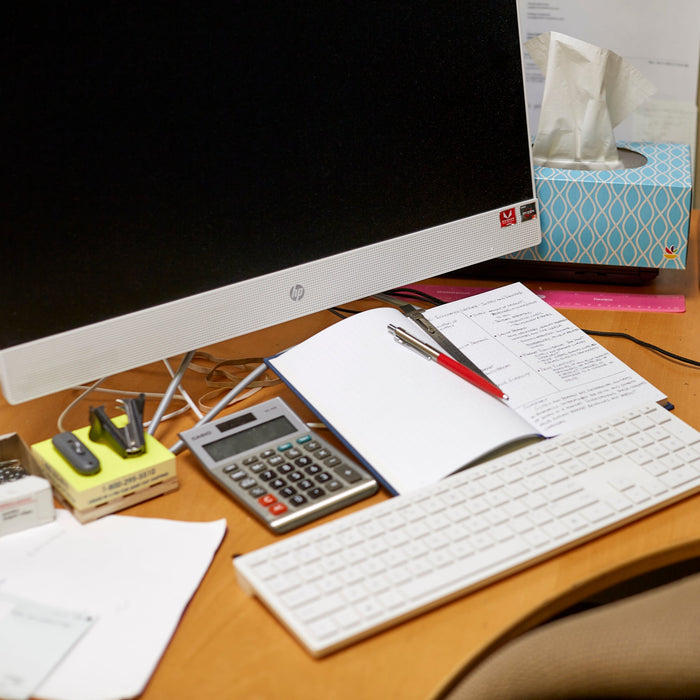Do you find it hard to get off to sleep? Your body is tired, but your brain is still busy from the day. You try to think of relaxing things or to think of nothing at all, but another thing you've got to do tomorrow pops into your mind. Is there a way to escape from this? Research suggests that there is, and it's as simple as writing a list.
It's much easier to remember things you haven't done or haven't finished than to recall tasks you completed. From an evolutionary standpoint, this makes good sense. If it's easier to access memories of outstanding tasks, you're less likely to miss doing something important. Some people like to write a diary or journal before they go to sleep, reflecting on their day. Indeed a sense of satisfaction at what you've achieved will help you settle peacefully to rest? Of course, this can be a useful exercise for personal growth, but unfortunately, your brain naturally focuses on tomorrow's yet-to-be-started tasks.
Researchers from Baylor University and Emory University School of Medicine studied a group of young adults in a sleep laboratory. Some people were asked to write a journal about what they'd done that day. Others were asked to write a to-do list for the next day. The findings, published in the Journal of Experimental Psychology (ncbi.nlm.nih.gov/pubmed/29058942), showed that those who reported a to-do list fell asleep much more quickly than those who journaled. The more detailed the list, the faster participants fell asleep. Michael Scullin, a sleep researcher at Baylor, points out that the improvement is comparable to the effects of pharmaceutical aids to sleep; in other words, writing a list can be as effective as taking a pill.
Why use a pen and paper? Most people keep their to-do lists on their phones or laptop to be synced with their diaries. But the effect of blue light from phone screens on your brain is well known. You should be avoiding looking at your phone just before bed, not making an extra effort to stare at it. And once you've got your phone in your hand, it's hard to ignore your notifications, and you end up getting even less sleep.
Using a pen and paper is about more than avoiding screen time. There's research to suggest that the physical activity of writing affects the brain in ways that tapping on a screen or keyboard doesn't. A 2006 paper (ncbi.nlm.nih.gov/pubmed/16390289) found that writing with a pen rather than a keyboard affected the ability of children to spell unfamiliar words, and 2014 research (journals.sagepub.com/doi/abs/10.1177/0956797614524581) showed that students who wrote longhand notes processed the information better than those who used a keyboard. It seems that the action of forming letters on a piece of paper involves more processing in the brain than touching letters on a screen.
This is good news when you want to get to sleep. The physical action of writing your to-do list stimulates the parts of your brain involved in processing information. Instead of your mind sending you constant reminders of the things you've got to do, it treats those items as "actioned" and allows you to get to sleep.
Of course, if you're worried about events in the world that are beyond your control, or if you have ongoing problems with depression or anxiety, jotting down a to-do list won't solve everything. You might need psychological or pharmacological support too, and you certainly shouldn't ignore problems with sleep, which tend to reinforce themselves over time.
If you find it hard to get to sleep at night because your brain won't shut off, remember that it naturally wants you to recall unfinished tasks. Writing down in detail the things you need to do tomorrow, with a pen and paper, not a keyboard or screen, can help your brain to switch off more quickly and enable you to get to sleep sooner.




Leave a comment